After covering the 2011 Singapore F1 Grand Prix, I’ve haven’t been to Singapore, a city that sees change constantly. When I went back a year later in September 2012, I saw another development not entirely made of concrete this time: Gardens by the Bay. Read more…
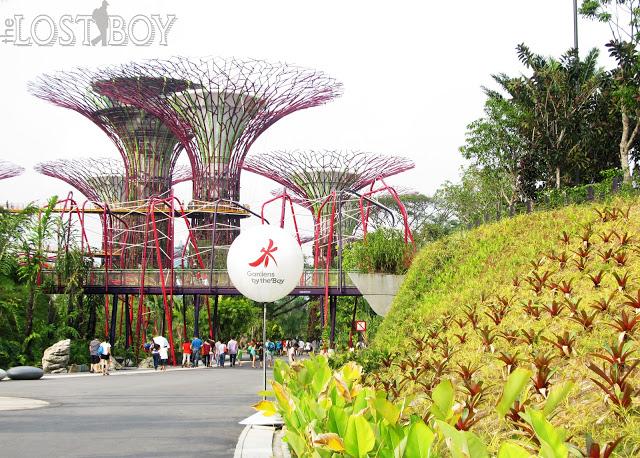
There’s no denying that Singapore’s Gardens by the Bay is a monumental project—monumental might actually even be an understatement. It’s part and parcel of the city-state's ultimate goal of transforming itself from a “garden city” to a “city in a garden,” and the result is a 101-hectare sprawling park composed of three waterfront gardens: Bay South Garden, Bay East Garden, and Bay Central Garden.
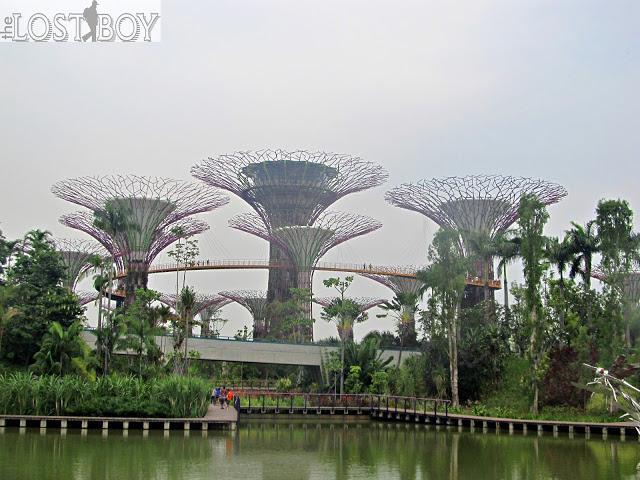
After surfing online to find budget friendly hotels, I searched for videos, photos, and blogs about the park. The day of our family trip eventually came, and I was ready to be blown away first hand. When everyone was out shopping, I took my unlimited rail pass and went.
What caught my attention first were the towering Supertrees that house plants like ferns, orchids, vines, and bromeliads, among others. What’s fascinating about them is how they mimic ecological functions—its photovoltaic cells aid photosynthesis, while a mechanism allows water collection as in how plants absorb rainwater. A Supertree’s height, by the way, may range between 25 and 50 meters.
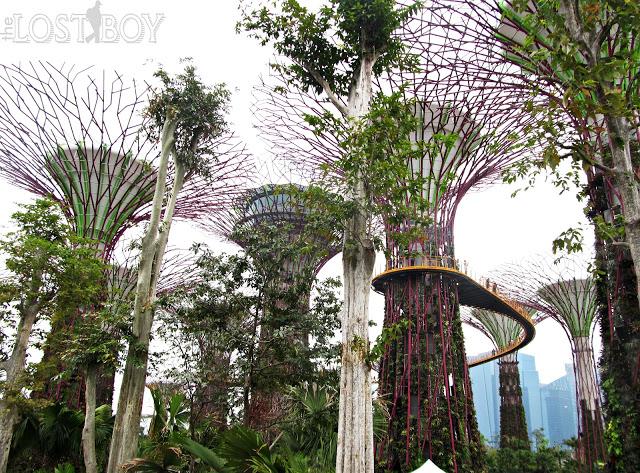
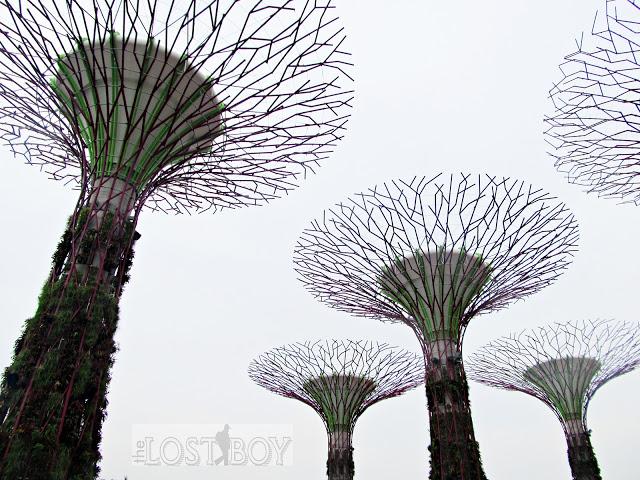
Connecting two of the Supertrees is the OCBC Skyway, a walkway suspended meters above the ground. With an admission price of only 5 SGD, it seemed so exciting to me, but as it was a weekend, the line to go up was kilometric.
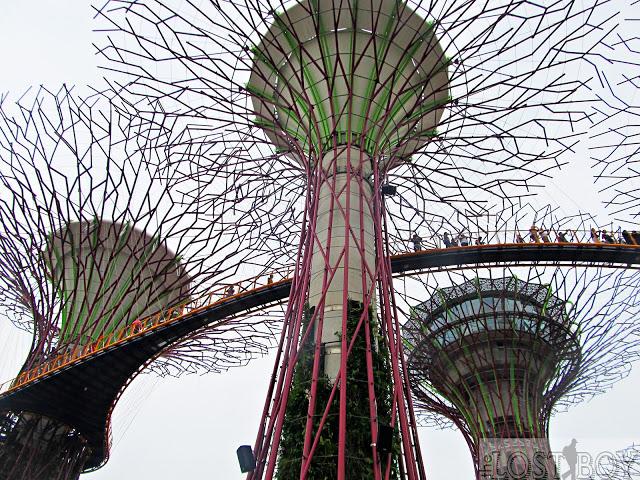
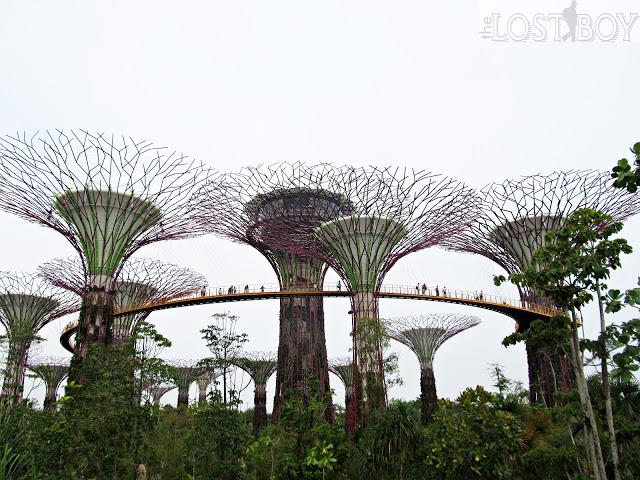
I also saw the two controlled-environment conservatories: the Flower Dome and the Cloud Forest. The former houses plants from the Mediterranean and semi-arid tropical regions, while the latter copies the conditions of a tropical mountain, with an actual “Cloud Mountain” accessible by an elevator. Unfortunately, my time and funds didn’t permit me to enter any one of the two conservatories. Admission costs 28 SGD.
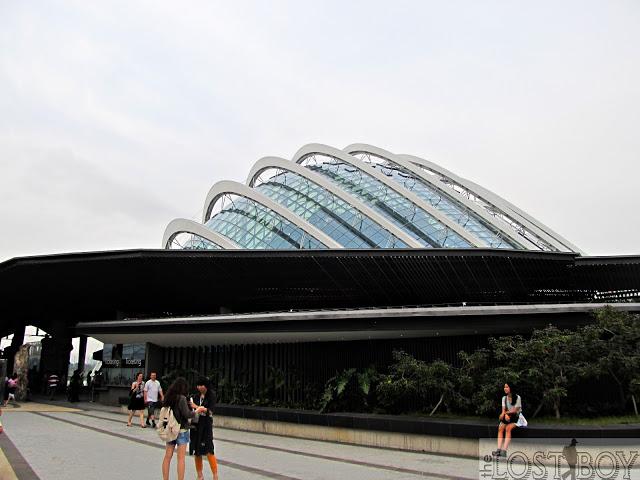
Since I wasn’t able to get into one of the conservatories, I settled for a white rose ice cream for 4 SGD at the nearby souvenir shop. It was interesting in a good way, and it’s a must-try.

Gardens by the Bay wouldn’t be named such without of course its smaller gardens. I was able to learn Singapore’s heritage through the themed garden called Plants and People. There, plants and their roles within the four Singaporean cultures—Chinese, Malay, Indian, and British—were featured. Plants and Planet, meanwhile, got me interested because it emphasizes the importance of plants in the interplay of organisms and their environment.
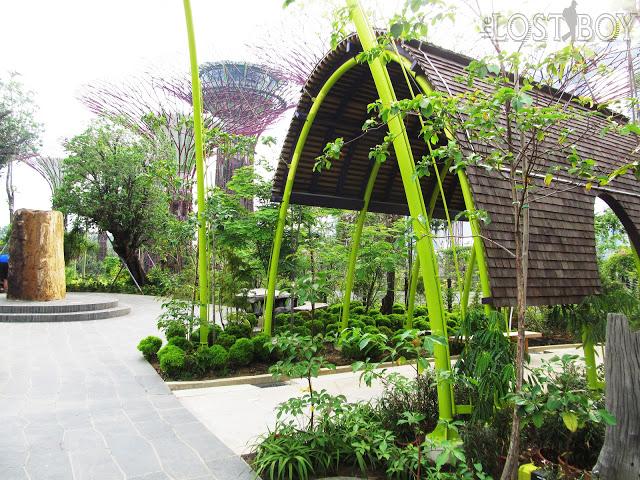
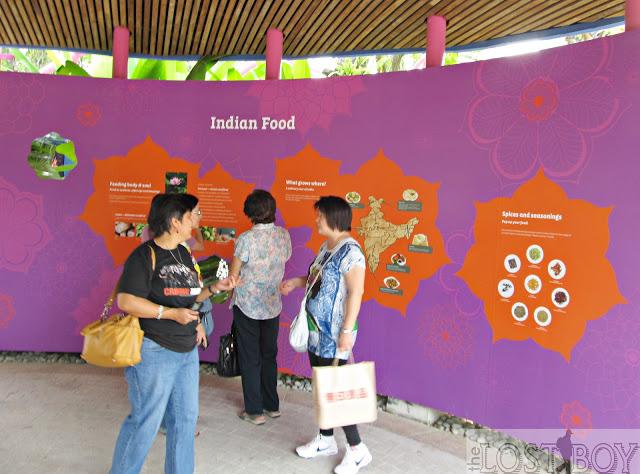
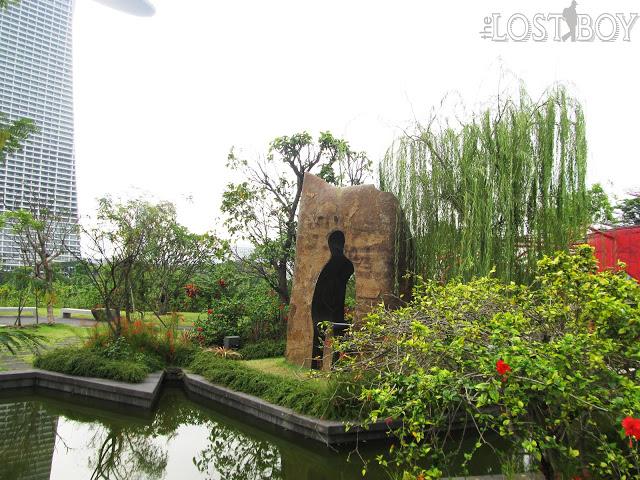
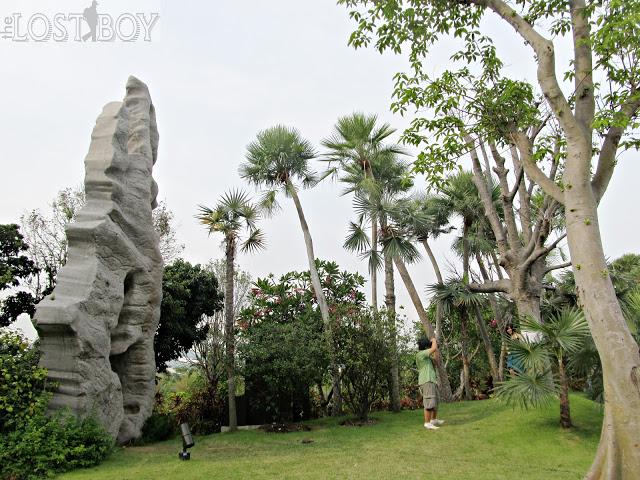
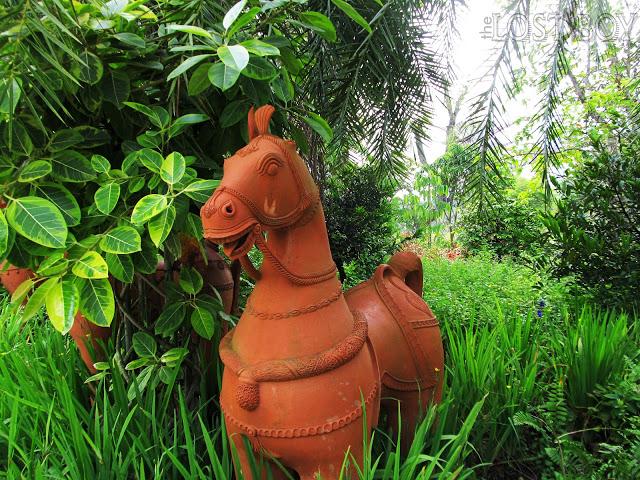
There was also a lake with a bridge, fountains, and a whole lot of open and green space that allowed me to commune with nature whilst oddly knowing that I was in the heart of a highly-industrialized country. Singapore is indeed successful in bridging people with nature.
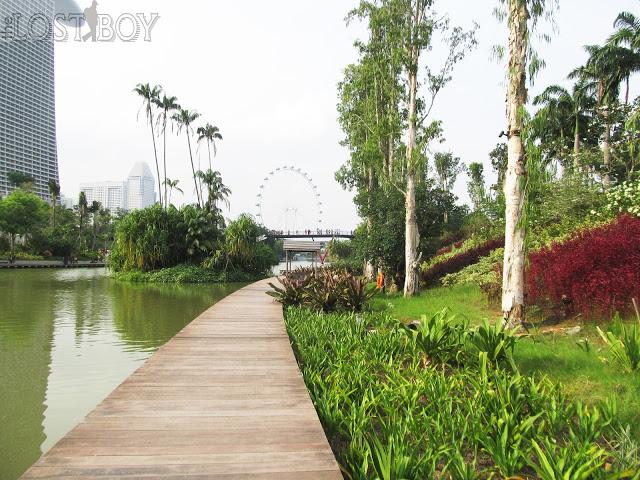
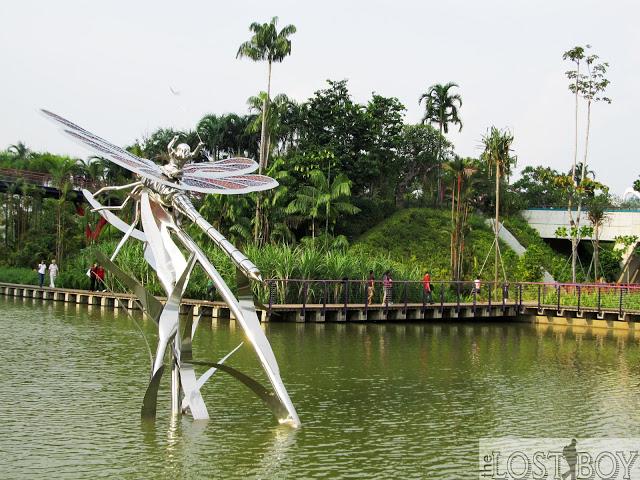
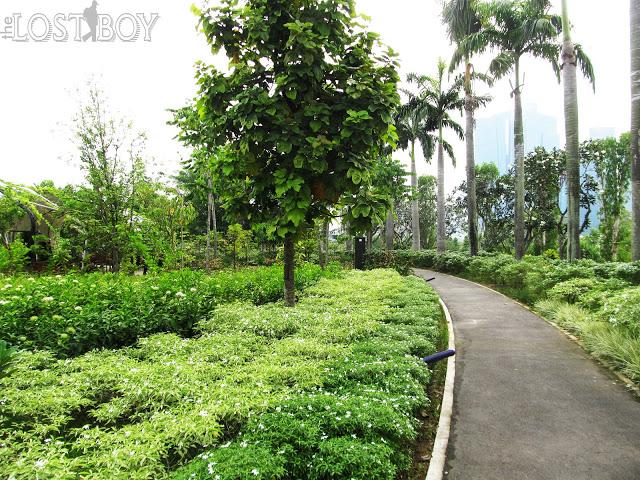
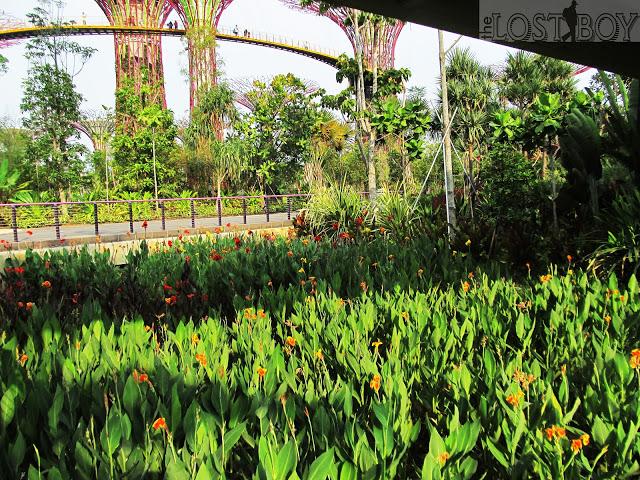
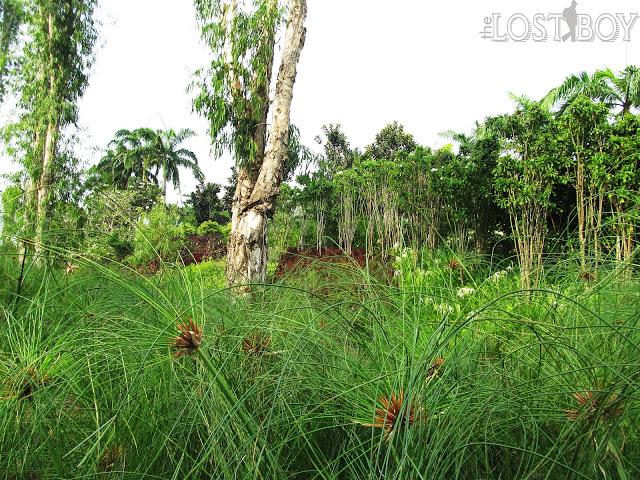
Here are some more colorful photos courtesy of Sinjin Pineda of Libotero:
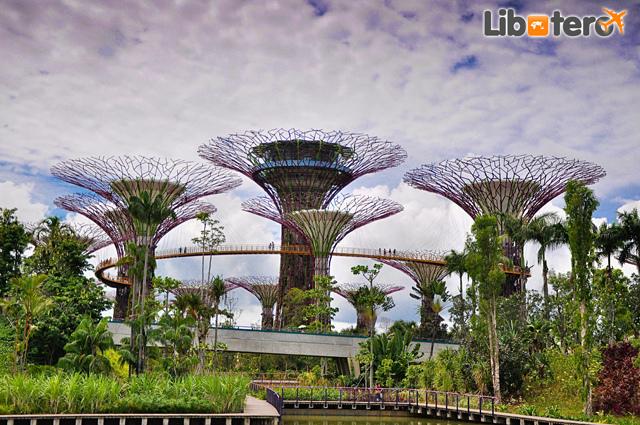
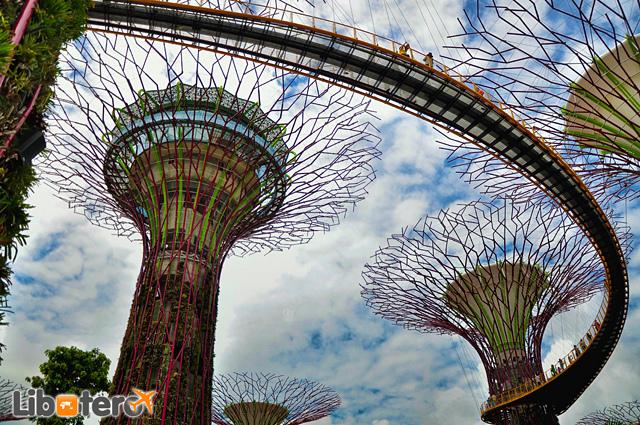
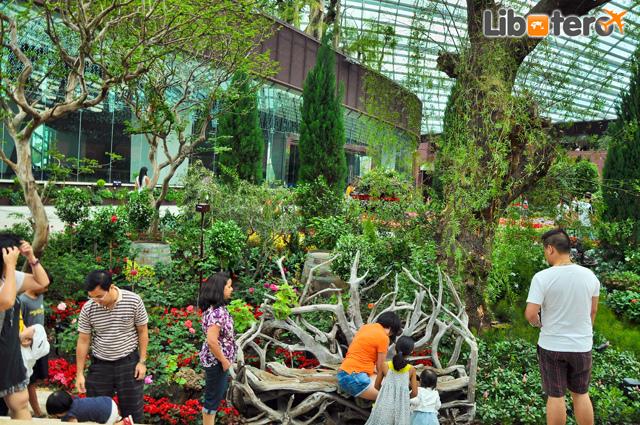
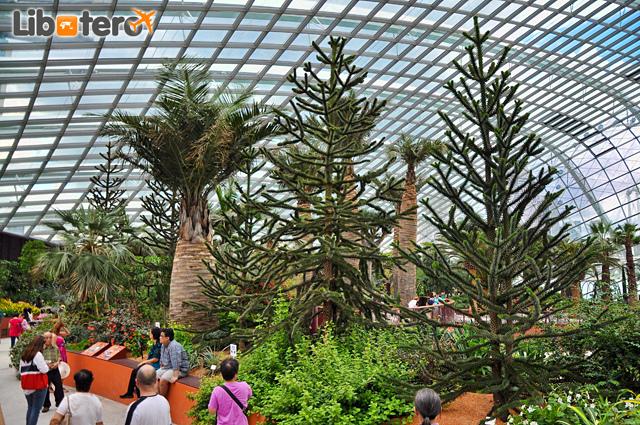
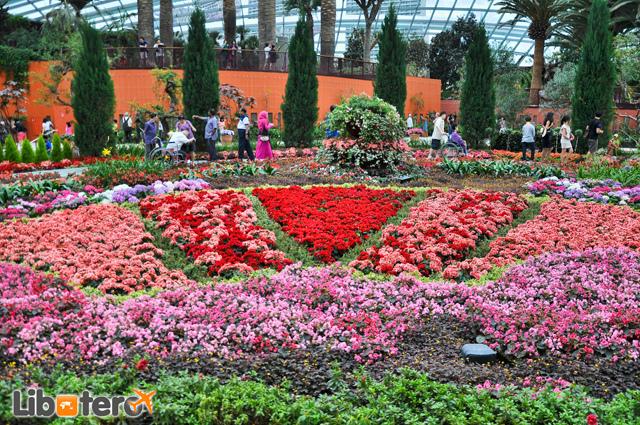
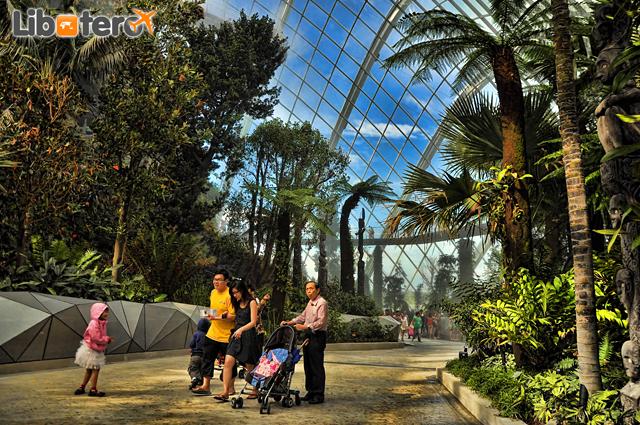
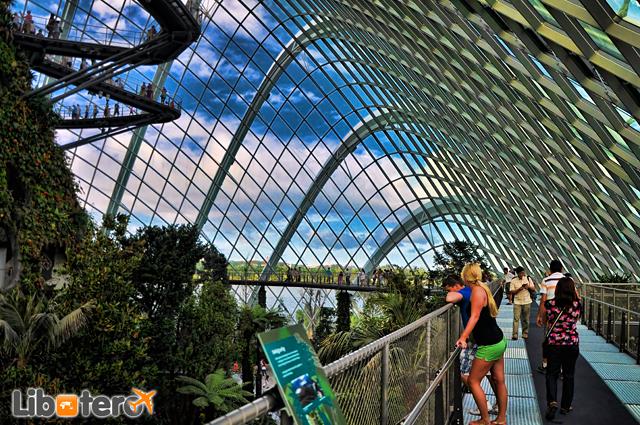
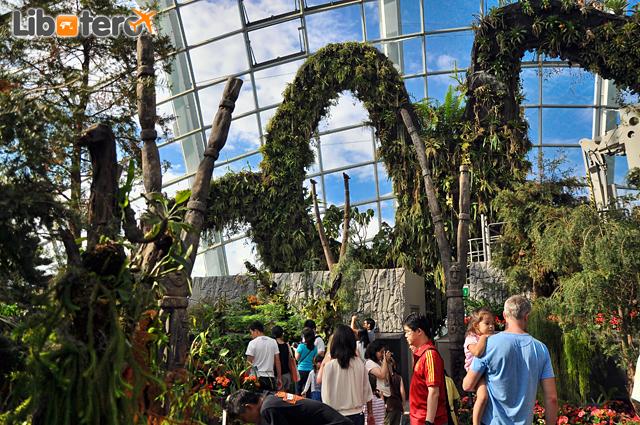
How to get there: The most convenient way is to take the MRT to Bayfront station (CE1), where there is an path connecting Gardens by the Bay with Marina Bay Sands. Alternatively, SBS Transit runs bus service 400 that stops along the nearby Marina Gardens Drive.

